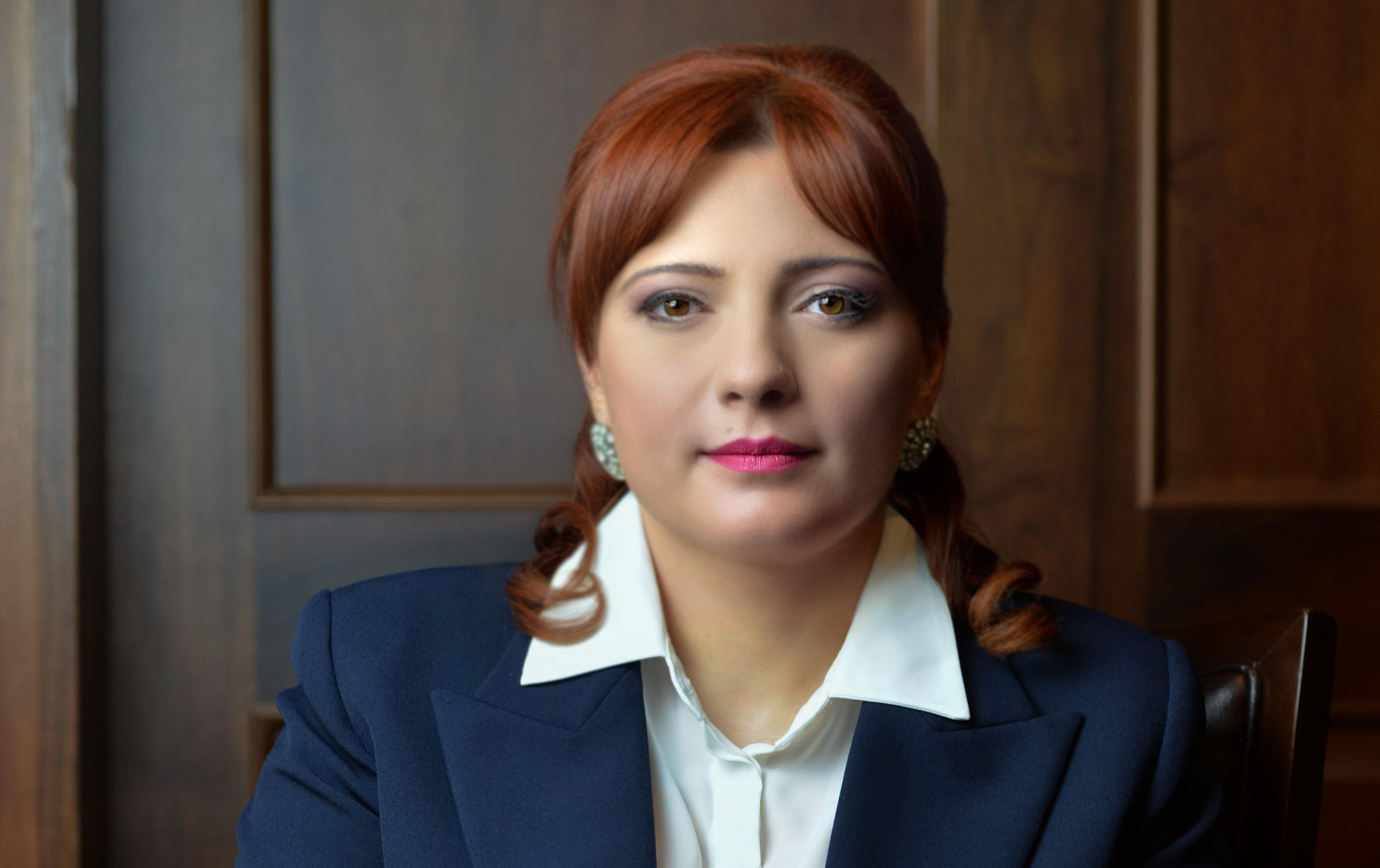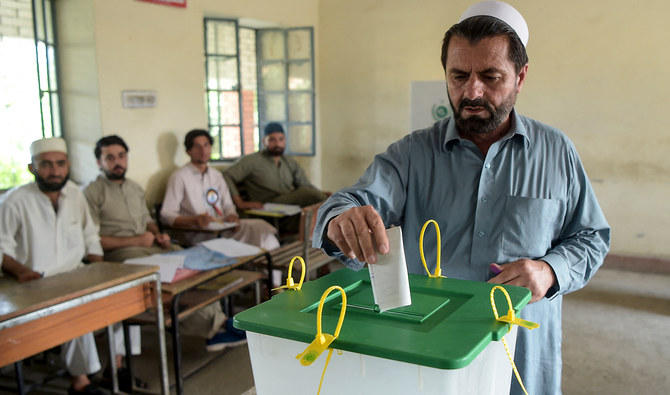Dr. Khatuna Burkadze – The implementation of the April 19th Agreement will assist Georgia to achieve its European and Euro-Atlantic aspirations

Interpressnews discussed the results of NATO Brussels Summit Communiqué with Prof. Dr. Khatuna Burkadze, Director of American and Euro-Atlantic Studies at Geocase, an alumna of the Fletcher School of Law and Diplomacy at Tufts University and the Harvard Program on Negotiations.
- As it is known the Allies participated in the meeting of the North Atlantic Council in Brussels on June 14, 2021. The member states of NATO issued the Brussels Summit Communiqué. Georgia and Ukraine were not invited to the Brussels Summit by the Alliance. However, Georgia and Ukraine are mentioned in this document. This means that these countries remain important partners of NATO.
How do you evaluate the Brussels Summit Communiqué about Georgia? What kind of messages did we receive from the NATO headquarters?
- The Brussels Summit Communiqué reaffirmed that Georgia is a valuable partner for the Alliance. The document says: “We reiterate our support for the territorial integrity and sovereignty of Georgia. We further call on Russia to reverse its recognition of Abkhazia and Tskhinvali regions of Georgia as independent states and to implement the EU-mediated 2008 ceasefire agreement.” The NATO leaders paid attention to the human rights situation in particular the infringements of fundamental rights in the Russian-occupied Abkhazia and Tskhinvali regions of Georgia. The Communiqué underlined the importance of rules-based international order.
The Allies reiterated the decision made at the 2008 Bucharest Summit that Georgia will become a member of the Alliance. For the first time, the Communiqué stressed that the Alliance stands firm in its support for Georgia’s right to decide its own future and foreign policy course free from outside interference. This means that a non-member state of NATO will not have the right of veto on Georgi’s membership in NATO.
The Allies welcomed the recent political agreement on the Way Ahead for Georgia and emphasized the importance of its full implementation by all sides. They underlined that this agreement paves the way for the significant reforms that will assist Georgia, an aspirant country, progress in its preparations for membership.
Also, the document paid special attention to Georgia’s valuable contribution in the process of maintaining international security and its participation in peace operations.
Regardless of these messages, Georgia needs more to ensure its security in the changing security environment in the region. We focus on membership in NATO. Furthermore, Georgia’s Euro-Atlantic integration is not only for our interest but also it is significant for the security of Euro-Atlantic space especially in the context of the Black Sea region’s security and deterrence of Russia’s destabilizing activities.
-You talked about all the positive aspects of the Brussels Summit Communiqué. According to this Communiqué, some sceptics underlined that Georgia will not become a member of the Alliance without the Membership Action Plan.
How do you assess the paragraph of the Communiqué indicating the importance of the Membership Action Plan for Georgia’s Euro-Atlantic integration process?
- As for the Membership Action Plan, it is essential to highlight that Georgia’s relations with the North Atlantic Alliance contain all the practical tools to prepare for membership. More precisely, we have the Annual National Program, NATO-Georgia Commission, the refreshed Substantial NATO-Georgia Package. Furthermore, the high-level representatives of the Alliance, including the NATO Secretary-General mentioned this.
However, the Brussels Summit Communiqué says: “Georgia will become a member of the Alliance with the Membership Action Plan (MAP) as an integral part of the process”. This means that the next step would be to grant the Membership Action Plan to Georgia. In this regard, I think it is important to take into consideration the current international environment, especially in the security context. Today’s realities demand more tangible instruments. The Membership Action Plan is not automatic membership. This is a process for preparation to become a member state of the North Atlantic Alliance.
The acceleration process of Georgia’s integration into NATO will depend on geopolitical shifts in the region, reforms implemented by Georgia and the consensus of member states of the Alliance.
The US unwavering support and willingness to enhance the Euro-Atlantic community will be a very positive impetus to achieve our strategic goals on the Euro-Atlantic path in the future.
- Observers think that currently, NATO considers Georgia together with Ukraine. But the Russian Federation mentioned several times that Ukraine is a red line for Moscow. Is it the right approach to connect Georgian and Ukrainian cases in the context of Euro-Atlantic integration?
- First, Georgia and Ukraine are significant partners for the North Atlantic Alliance in the regional context in particular both states can play an important role to ensure the Black Sea security. Second, they have a common challenge. The main threat for Georgia and Ukraine is coming from the Russian Federation. At the beginning of June, the Prime Minister of Ukraine Denys Shmyhal met his Georgian counterpart Irakli Garibashvili in Tbilisi. The Prime Minister of Ukraine Denys Shmyhal underlined that Moscow’s destabilizing actions in the Black Sea region mean that Georgia and Ukraine should cooperate more closely in the field of security with the involvement of the North Atlantic Alliance.
Third, membership in NATO represents a key foreign policy priority for Georgia and Ukraine. The political promise of the Bucharest Summit contains a full membership of both states.
Despite the foregoing considerations, on Georgia’s and Ukraine’s Euro-Atlantic paths next steps will depend on the dynamics of reforms of these states.
Indeed, NATO supports Georgia and Ukraine. However, in your opinion is it sufficient to deter the Russian aggression?
- To protect fundamental principles of international law in practice it is necessary to continue imposing sanctions and use other appropriate deterrence instruments.
I would like to highlight that membership in NATO will give Georgia and Ukraine real security guarantees. Historically, the deterrence policy effectively worked under the collective defense umbrella. The North Atlantic Alliance as an effective political-military alliance in history can protect states from possible aggressive actions. Article 5 of the North Atlantic Treaty represents a deterrence instrument for the prevention of destructive activities.
In the changing international environment, Georgia should obtain a new function for its Euro-Atlantic perspective. In the new era of information and communication technologies, we need to think about the development of our digital policy. In this regard, Estonia is a very important model for small states. The Estonian experience has shown that a small state can become a significant example for the international community in terms of developing digital and cybersecurity agendas.
In the Geopolitical context, we should highlight Georgia’s transit role with the implementation of large-scale projects. This increases interest towards Georgia in the region. Also, we should enhance our cooperation with member states of the Alliance to ensure security in the Black Sea region.
The necessity of obtaining a new role causes the current realities as well. More precisely, defining mutual, common interest is one of the key factors in the decision-making process at the international level.
Simultaneously, we need to implement appropriate reforms for protecting human rights and strengthening democratic institutions. Georgia needs new visions and approaches to achieve tangible results on its Euro-Atlantic path. Also, it is essential to develop strategic communications with all member states of the Alliance. NATO makes decisions based on the consensus and a key of Georgia’s membership in NATO is in the capitals of member states of the Alliance.
Interpressnews
Koba Bendeliani


